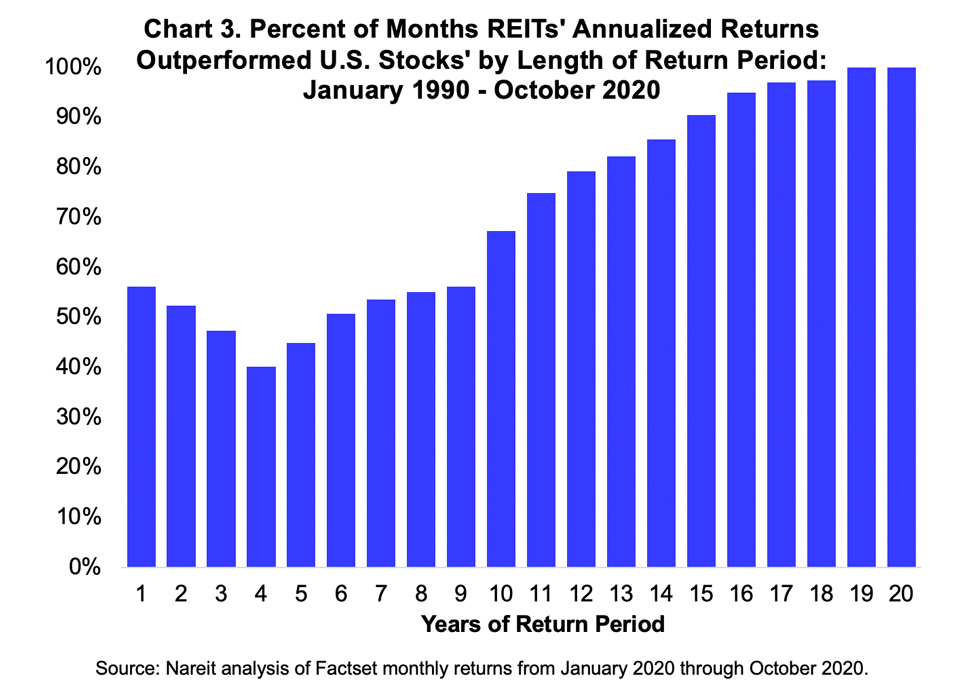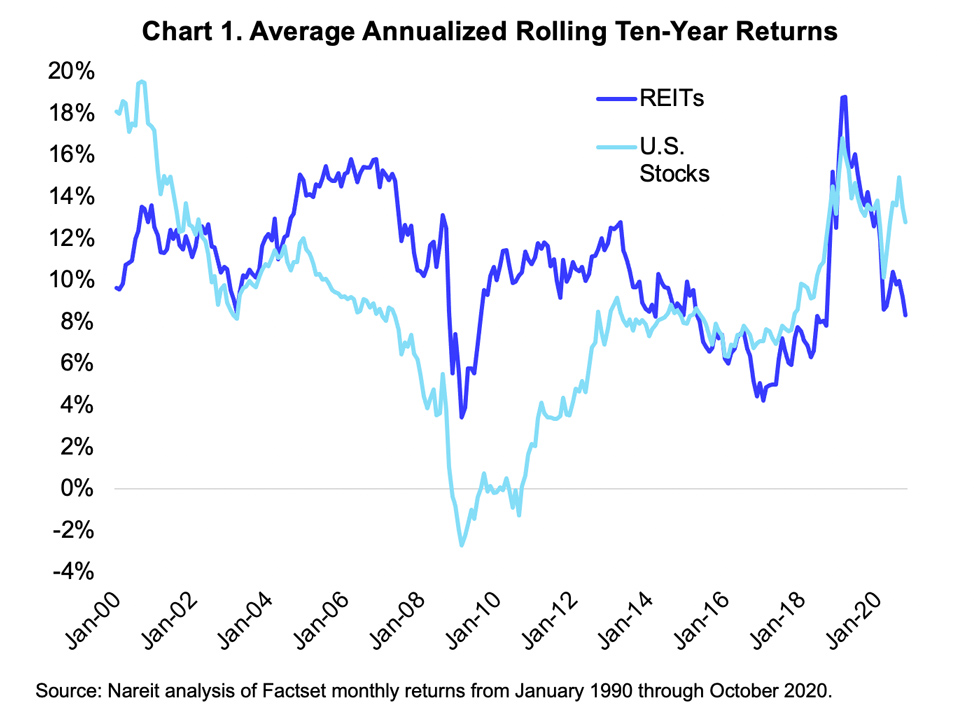Determining whether REITs (Real Estate Investment Trusts) or real estate stocks are better depends on individual preferences, investment goals, and risk tolerance.
Both options have distinct characteristics to consider:
- Diversification: REITs provide access to a diversified portfolio of real estate properties, often spanning different sectors and geographic locations. This diversification can help mitigate risk by spreading investments across multiple properties and markets. On the other hand, investing in individual real estate stocks allows for more targeted exposure to specific companies or properties, which can offer potential upside if selected wisely.
- Income Potential: REITs are known for their income-generating nature, as they are required by law to distribute a significant portion of their taxable income as dividends to shareholders. This can make them attractive to investors seeking regular income. In contrast, real estate stocks may or may not offer dividends, depending on the company’s policy and financial performance.

- Risk and Volatility: Real estate stocks are typically more volatile than REITs due to their exposure to company-specific factors and market sentiment. The performance of real estate stocks can be influenced by factors such as company management, financial health, and market dynamics. REITs, on the other hand, tend to have lower volatility as they are diversified across multiple properties and managed by professionals.
- Liquidity: Real estate stocks trade on stock exchanges, providing investors with liquidity. Shares can be bought or sold during market hours, allowing for flexibility and the ability to react quickly to market conditions. REITs, as publicly traded entities, also offer liquidity, allowing investors to buy and sell shares easily.
- Management and Expertise: REITs are managed by experienced professionals who handle property acquisition, management, and leasing activities. Investors benefit from the expertise and industry knowledge of these professionals. Real estate stocks require investors to conduct their own research and analysis, as they directly invest in specific companies rather than relying on professional management.
- Investment Minimums: Real estate stocks can be purchased with lower investment minimums, allowing investors to have more flexibility with their capital. REITs may require a higher initial investment due to their share price and market demand.

It’s important to note that investing in both REITs and real estate stocks carries risks, including market fluctuations, economic conditions, and company-specific factors. Diversification, thorough research, and understanding your investment goals and risk tolerance are key.
Ultimately, the choice between REITs and real estate stocks depends on your individual preferences, investment strategy, and risk appetite. Some investors prefer the income potential and diversification of REITs, while others may opt for the potential growth and flexibility of investing in individual real estate stocks. Consulting with a financial advisor can provide personalized guidance based on your specific needs and goals.















































![An In-Depth Look at Jake and Gino's Coaching Program [A Review]](https://allaboutmultifamilyinvesting.com/wp-content/uploads/2023/10/AAM-BMP-Blog-Covers-750-×-422px-6.jpg)


![Email Marketing Tips for Multifamily Real Estate Syndicators to Raise Capital [Templates included]](https://allaboutmultifamilyinvesting.com/wp-content/uploads/2023/09/AAM-BMP-Blog-Covers-750-×-422px-4.jpg)






![The Richest Kids In America [Book Review]](https://allaboutmultifamilyinvesting.com/wp-content/uploads/2023/09/AAM-BMP-Blog-Covers-750-×-422px-84.jpg)
















